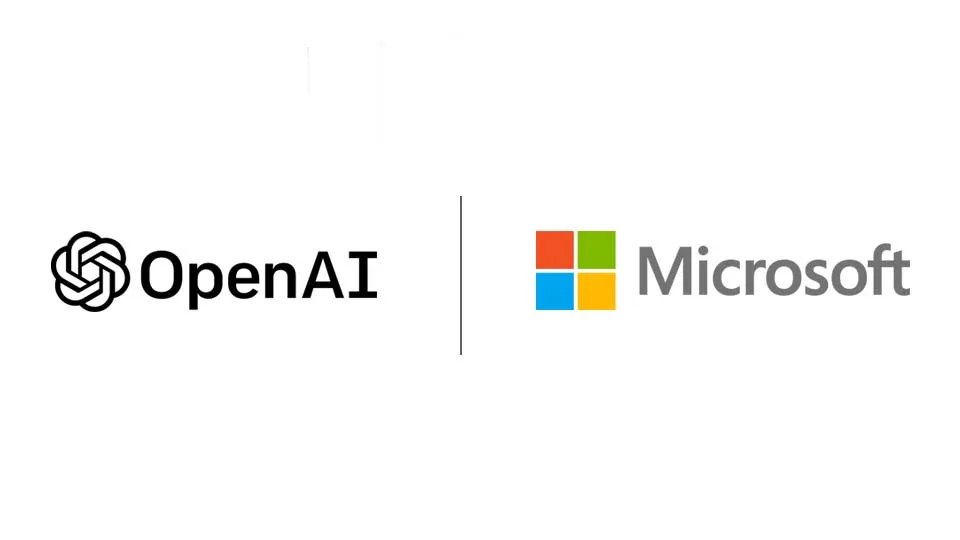The European Commission has warned that Microsoft’s extensive backing of ChatGPT company OpenAI may be subject to EU antitrust rules.
In a statement which calls for contributions on competition in virtual worlds and generative AI, the European Commission said that it “is checking whether Microsoft's investment in OpenAI might be reviewable under the EU Merger Regulation”.
The note from the Commission echoes a similar warning from the UK’s Competition and Markets Authority (CMA) which last month said that it is “considering whether it is or may be the case that Microsoft’s partnership with OpenAI, or any changes thereto, has resulted in the creation of a relevant merger situation under the merger provisions of the Enterprise Act 2002 and, if so, whether the creation of that situation may be expected to result in a substantial lessening of competition within any market or markets in the United Kingdom for goods or services.”
Microsoft last year committed to invest over $10 billion into OpenAI and took a non-voting position on the board following a tumultuous weekend in which the company fired and re-hired its chief exec Sam Altman.
The company said that it does not own any portion of OpenAI.
In its statement, the European Commission also said that it is looking into some of the agreements that have been concluded between large digital market players and generative AI developers and providers, and that it is investigating the impact of these partnerships on market dynamics.
No other companies are named in the European Commission’s statement, with interested parties given until 11 March to give feedback on the wider investigation into competition in virtual worlds and generative AI.
Margrethe Vestager, the EU antitrust chief who this week is set to meet with a number of US big tech execs in San Francisco, said: “It is fundamental that these new markets stay competitive, and that nothing stands in the way of businesses growing and providing the best and most innovative products to consumers.
“We are inviting businesses and experts to tell us about any competition issues that they may perceive in these industries, whilst also closely monitoring AI partnerships to ensure they do not unduly distort market dynamics.”
Latest News
-
BAE Systems launches UK tech incubator scheme
-
Morrisons to launch real-time engagement tech across stores
-
Government to collaborate with Microsoft on deepfake detection framework
-
Anthropic unveils Claude Opus 4.6 as enterprise AI race intensifies
-
Crypto exchange Gemini to cut workers, exit UK, EU and Australia amid market slump
-
50% of firms will rehire staff laid off due to AI by 2027, predicts Gartner
The future-ready CFO: Driving strategic growth and innovation
This National Technology News webinar sponsored by Sage will explore how CFOs can leverage their unique blend of financial acumen, technological savvy, and strategic mindset to foster cross-functional collaboration and shape overall company direction. Attendees will gain insights into breaking down operational silos, aligning goals across departments like IT, operations, HR, and marketing, and utilising technology to enable real-time data sharing and visibility.
The corporate roadmap to payment excellence: Keeping pace with emerging trends to maximise growth opportunities
In today's rapidly evolving finance and accounting landscape, one of the biggest challenges organisations face is attracting and retaining top talent. As automation and AI revolutionise the profession, finance teams require new skillsets centred on analysis, collaboration, and strategic thinking to drive sustainable competitive advantage.
© 2019 Perspective Publishing Privacy & Cookies









Recent Stories